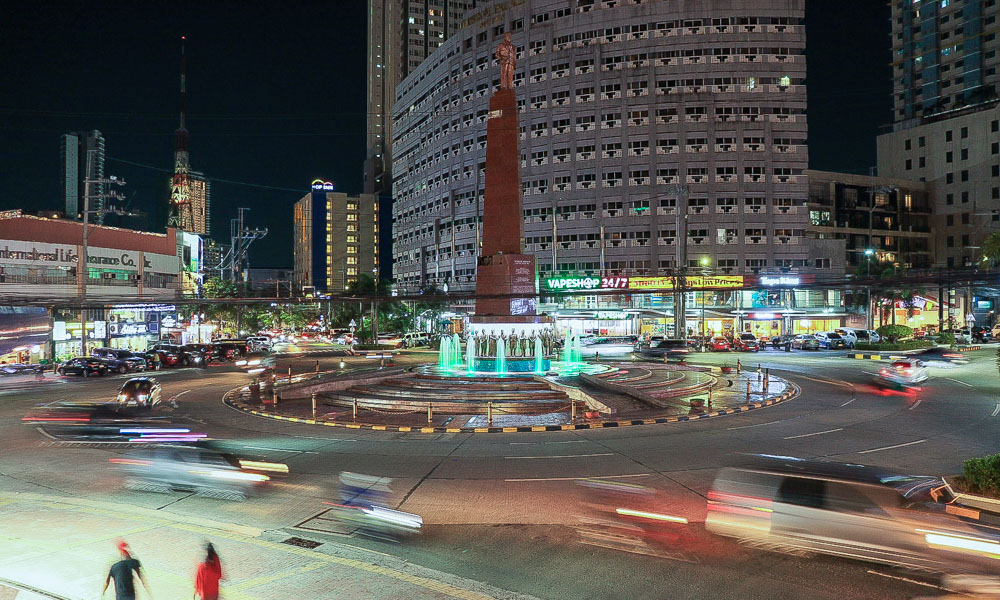
I know we’re more of intersection fans around here than we are of rotondas (or roundabouts), but it wouldn’t hurt to spark the discussion on how one could be more effective than the other in certain road configurations.
What do you think would be the pros and the cons between the two junction types? Historically, roundabouts are more of a UK thing, while intersections are from the good old US of A, which is why our roads are designed like the latter.
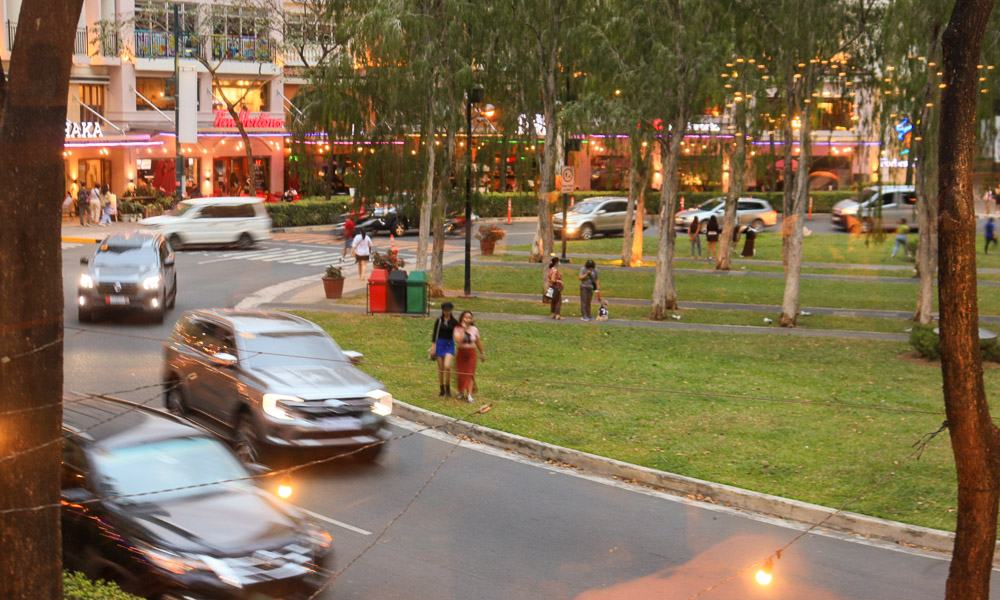
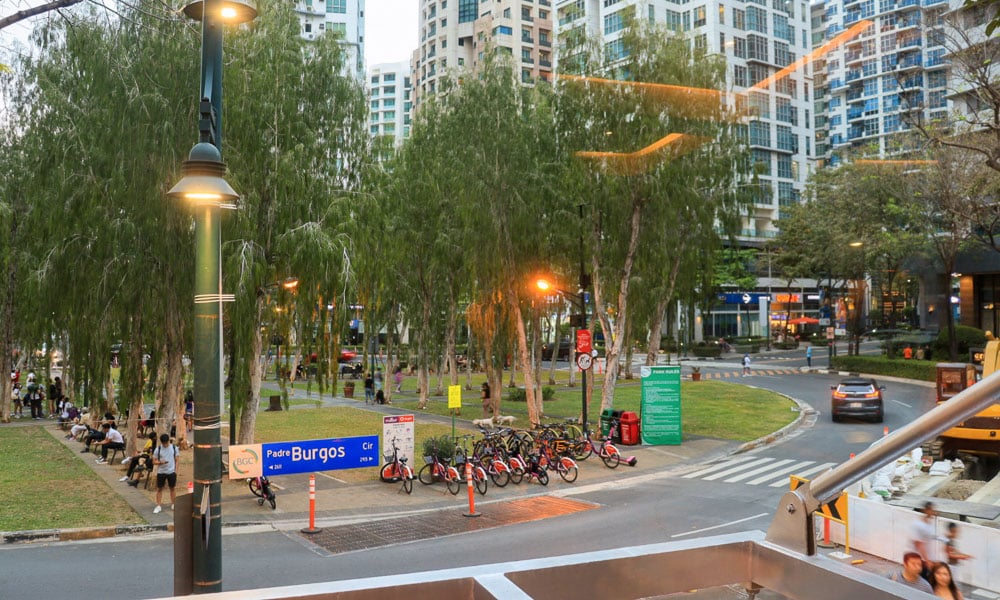
But is a stoplight always necessary, or can we steer through a steady orchestral flow of moving cars and motorbikes instead?
I asked this question to my friend Karmi Palafox, who happens to be an urban planner and city strategist, and here’s what she had to say: “Roundabouts are quite efficient because they enable smooth traffic flow at intersections without using electricity/traffic lights—so that means saving public funds. For them to work though, there has to be discipline, with motorists knowing they need to stop, queue, and give way to traffic coming from the left.”
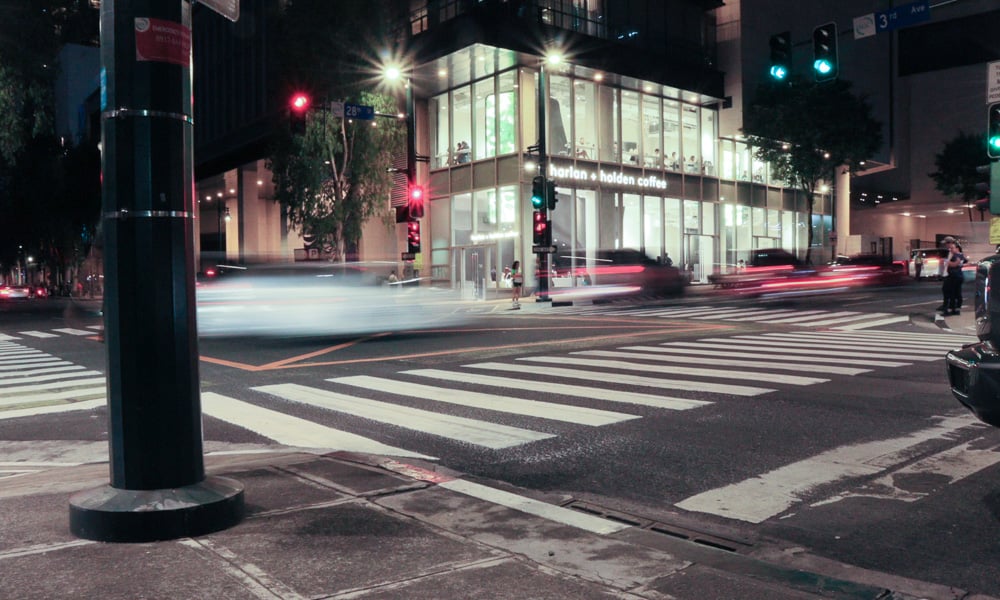
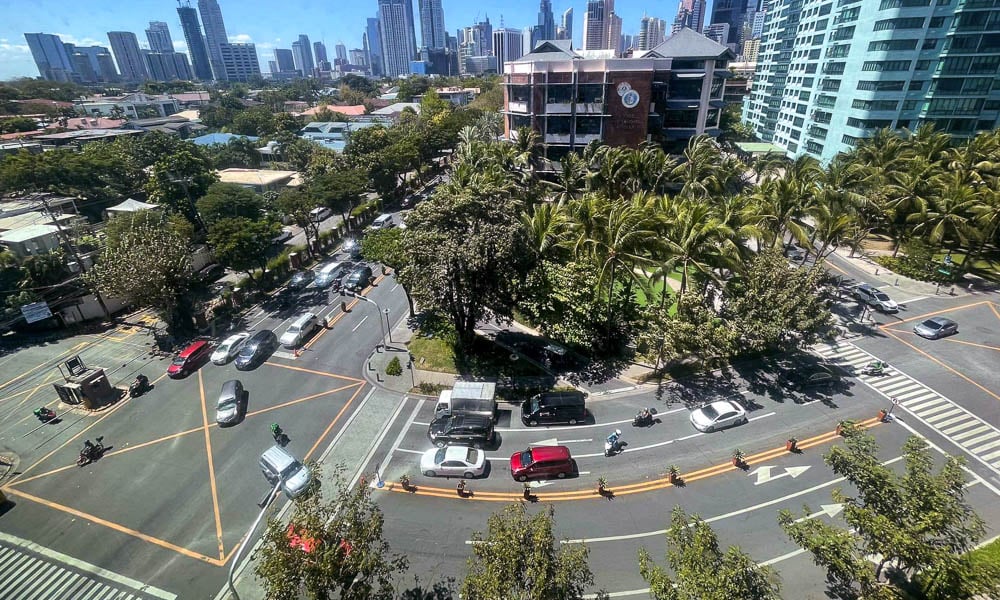
Palafox points out the driving culture of the United States, which we are heavily influenced by.
The article “Why doesn’t America have roundabouts?” by George Poland affirms that the driving culture in the US “isn’t quite the same as Europe’s…It has been argued that powerful muscle cars, wide highways, and large pickups don’t lend themselves toward the considerate and orderly nature of a roundabout.”
Theories have been put forward to explain the cultural reason why Americans aren’t accustomed to roundabouts: Their naturally more aggressive style of driving may not befit the type of finesse required in approaching a roundabout.
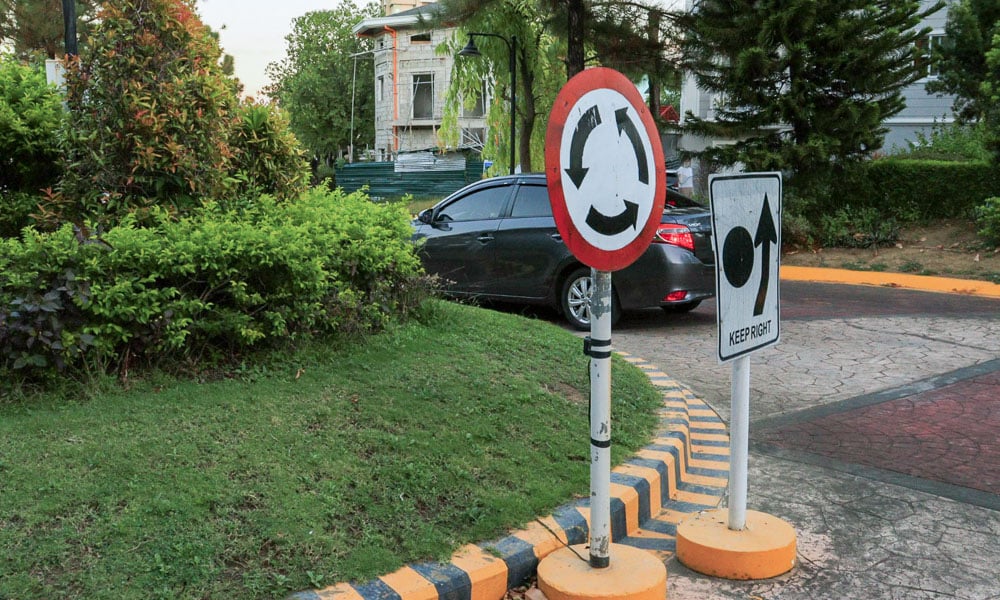
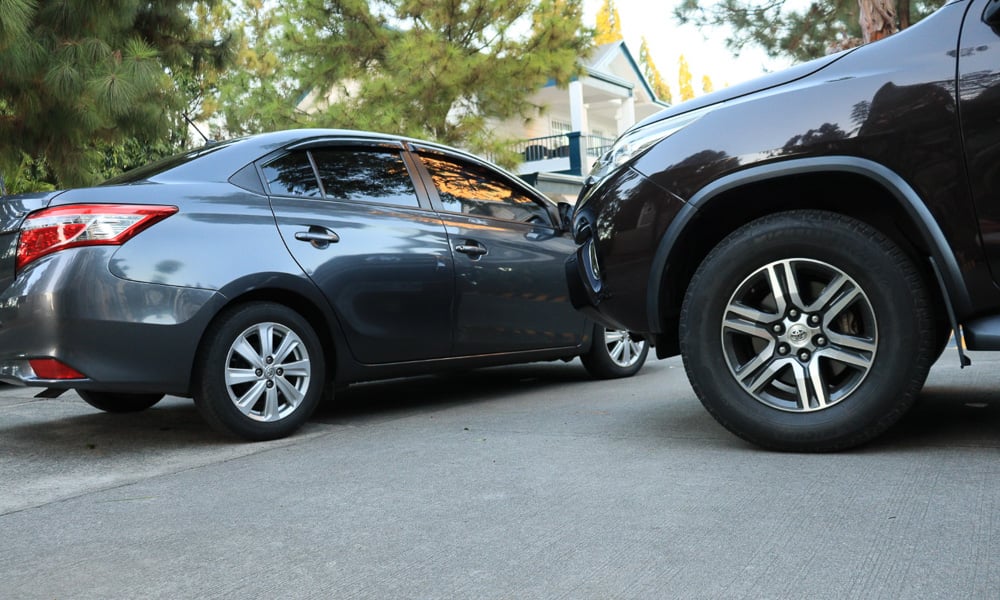
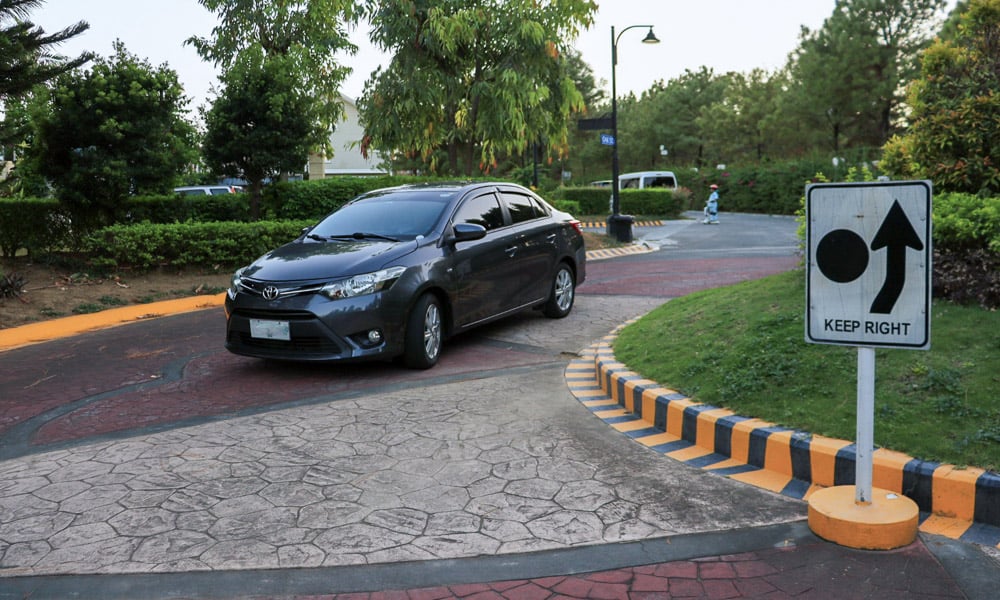
This explains why well-mannered queuing seems like a foreign concept in our neck of the woods. However, the roundabout system has its appealing perks that are worth considering. The most important benefit is safety.
“Generally, roundabouts are much safer than traditional intersections,” Palafox explains. “Research shows that they reduce fatal crashes by about 90% and car crash injuries by about 75% even when hosting larger volumes of traffic. One of the main reasons for this huge safety gain is that, on a roundabout, it is extremely unlikely for a car to T-bone another vehicle at high speeds. The circular geometry of a roundabout forces motorists to slow down in order to travel around the junction.”
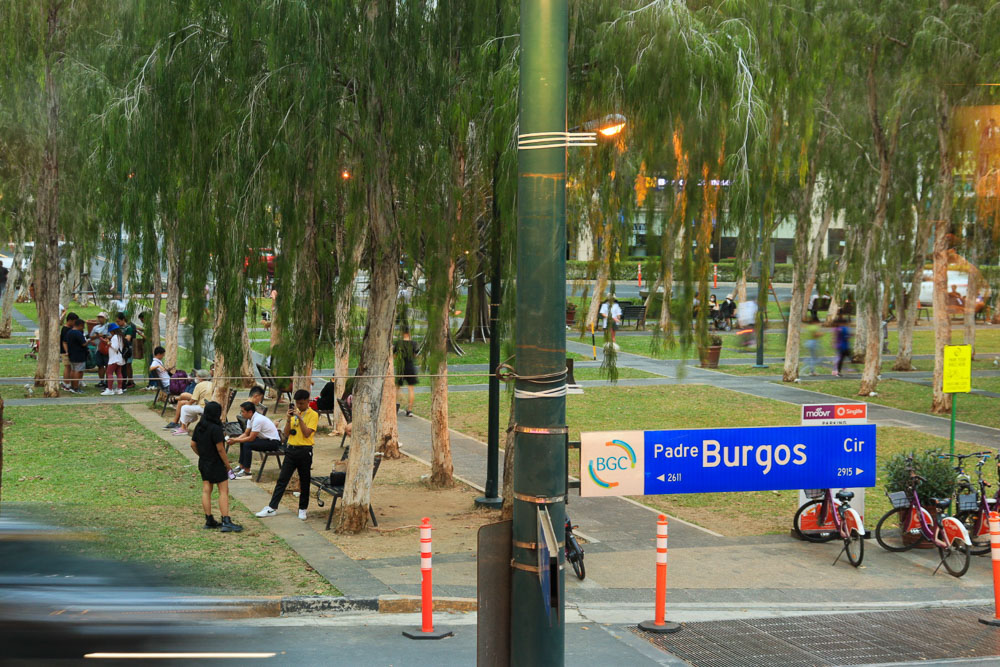
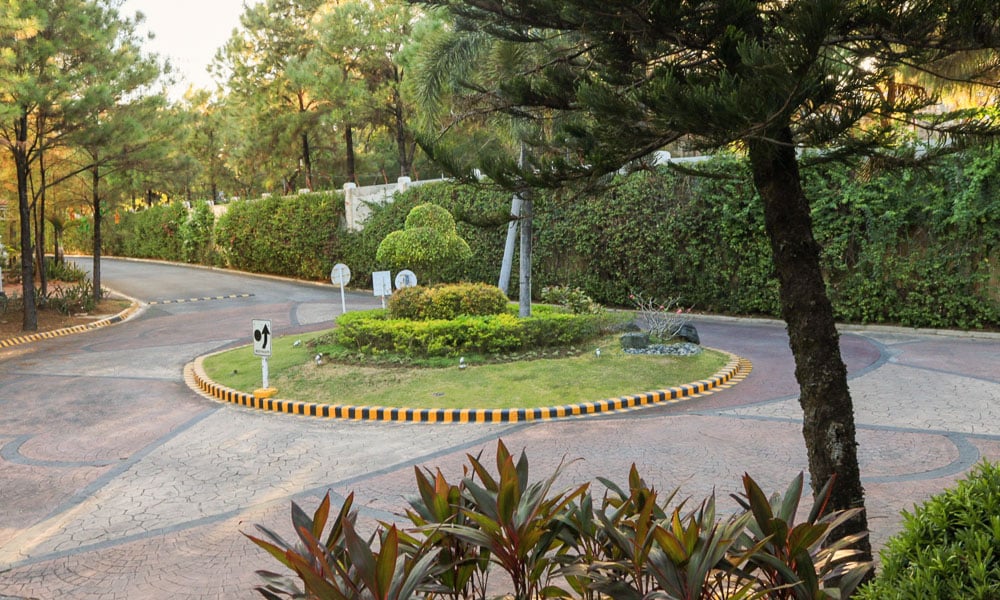
Given what I’ve learned from this brief chat, I’m curious to know what our readers think. Is it too late to suggest the idea of more roundabouts on our road system, considering this requires more discipline from motorists?
Are some areas more conducive to roundabouts instead of intersections, especially during off-peak hours?
Let us know your thoughts.

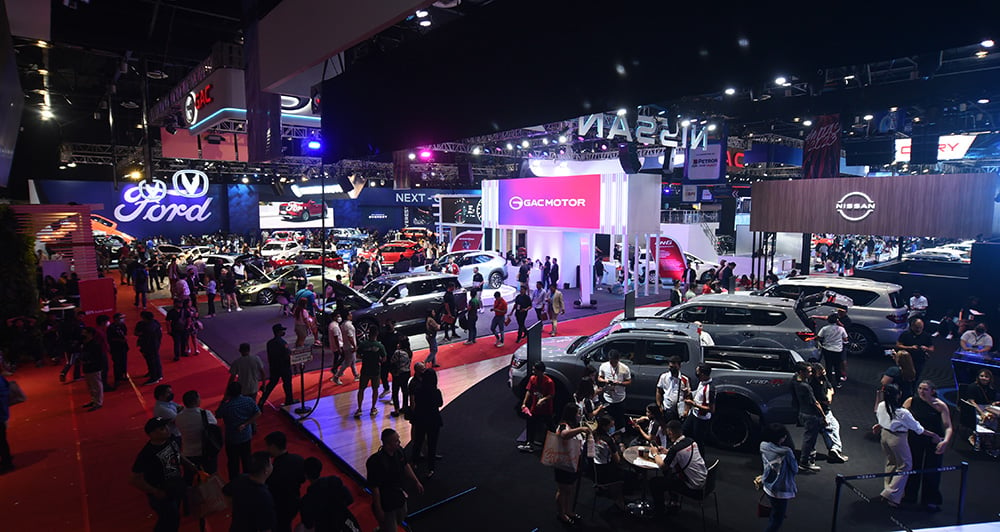
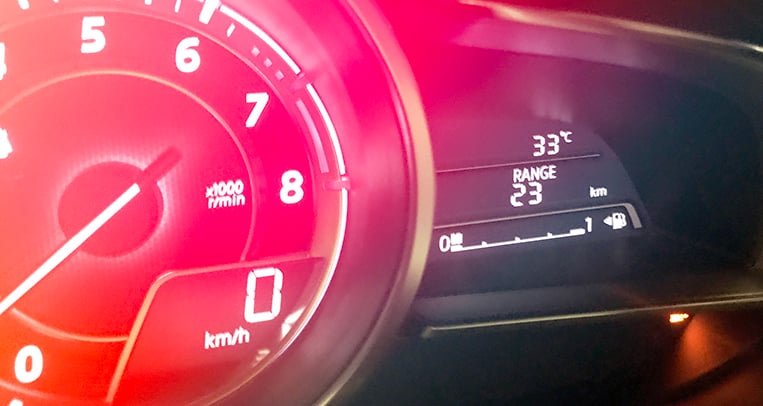
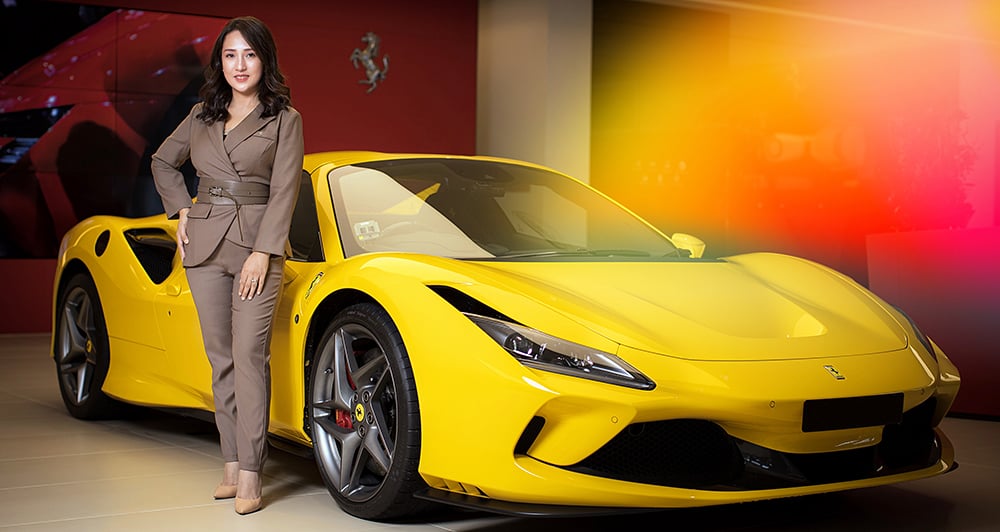
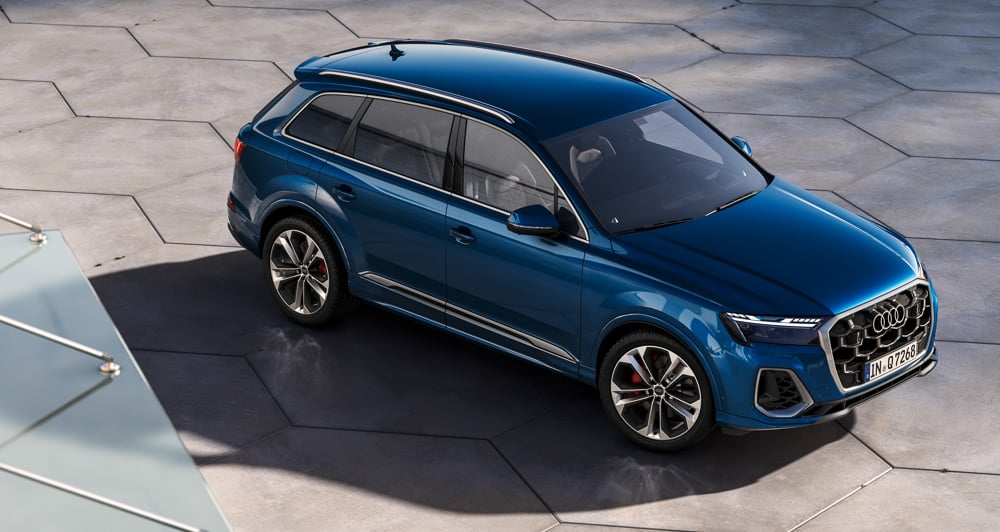
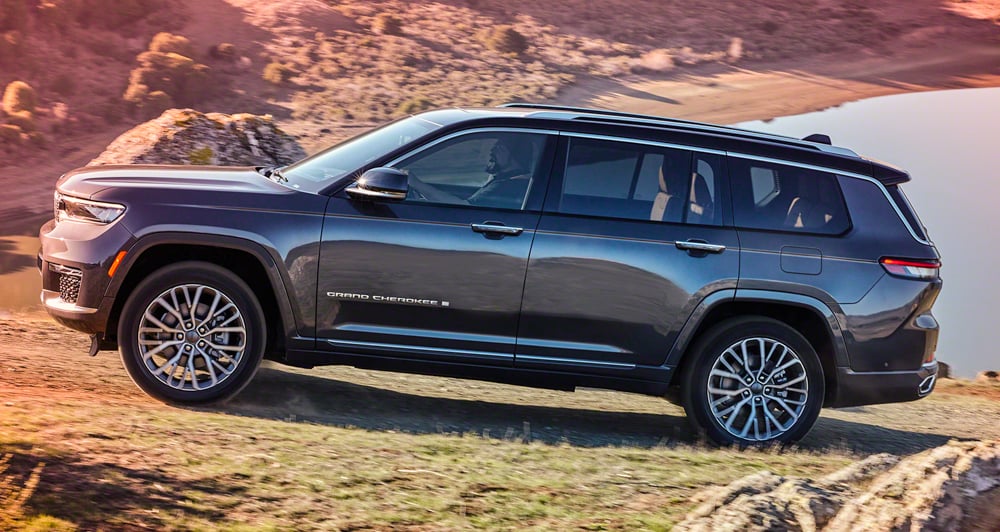
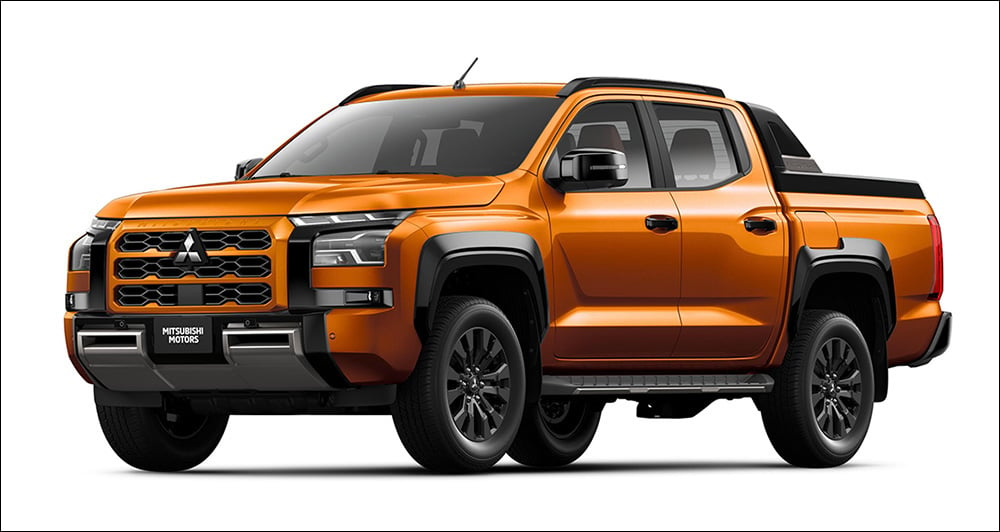
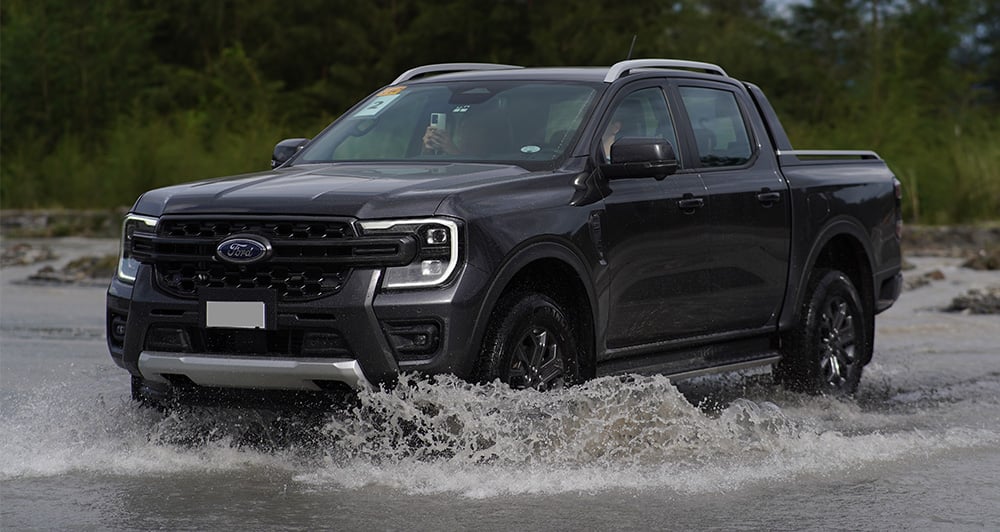


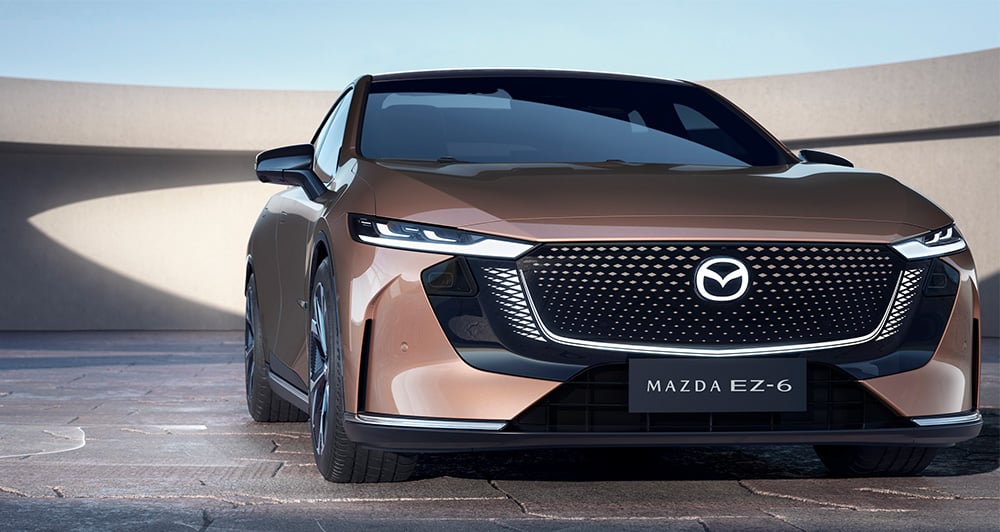
Comments